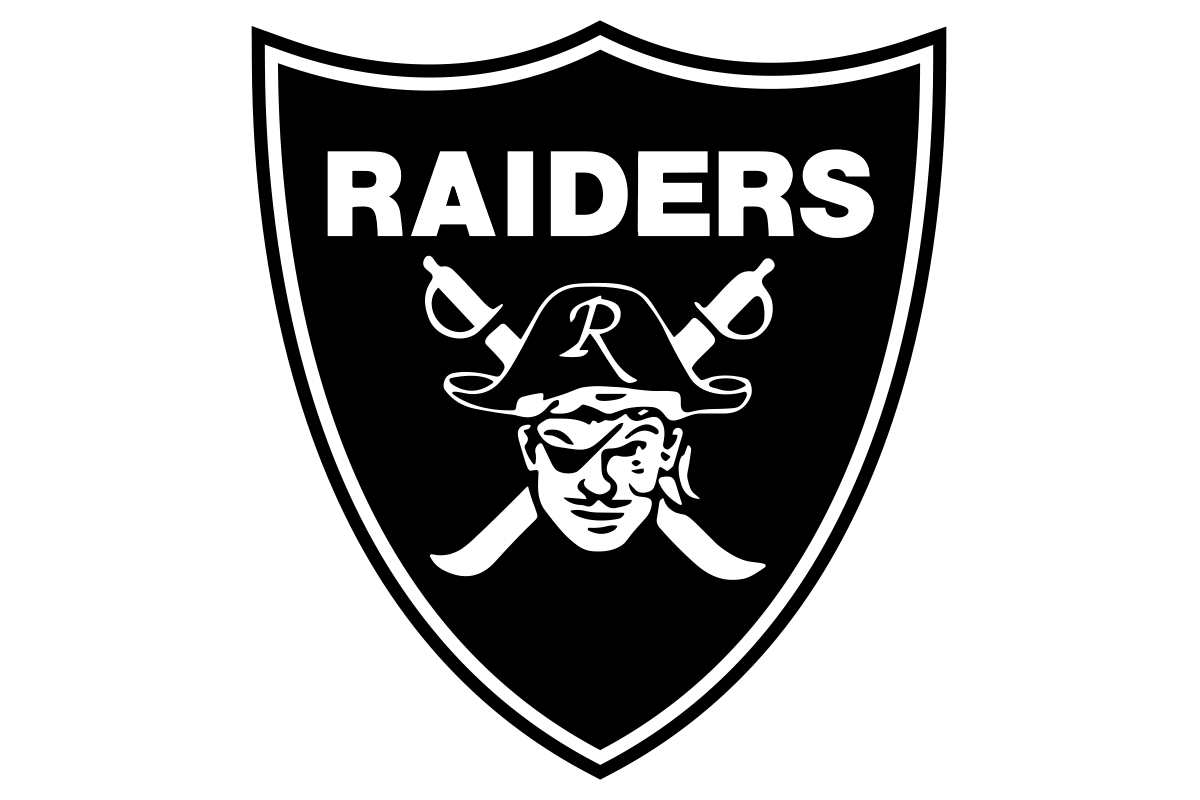Texas Education Agency announces changes to graduation requirements
In an effort to give students more flexibility in which classes they can take in high school, the Texas Education Agency (TEA) voted last month to change high school graduation requirements. The minimum credit requirement for graduation will decrease from 26 to 22 but students will have the opportunity to gain more credits toward their diploma by taking elective classes in a specific field.
These changes will begin with next year’s freshman class.
The new program replaces the current three high school graduation plans (Minimum, Recommended, and Distinguished Achievement) with one Foundation program, on top of which students can earn “endorsements” and a “Distinguished Level of Achievement.”
The Foundation program is the minimum graduation plan that a student must have in order to graduate.
Foundation Program Required Course Credits
- Four English Language Arts- ELA I, I, III and an advanced course
- Three math- Algebra I, Geometry, and an advanced course
- Three science- Biology, an advanced course, and either another advanced course or Integrated Physics and Chemistry
- Three social studies- U.S. History, one-half credit for Government, one-half credit for Economics, one credit for World Geography or World History (Students can complete a combined World History/World Geography course to meet this requirement.)
- Two foreign language- (Students can substitute two credits of computer programming languages to meet this requirement.)
- One fine arts
- One PE
- Five electives
In addition to these minimum requirements, students can complete additional courses in order to earn “endorsements” and/ or “Distinguished Level of Achievement.”
Endorsements: To earn an endorsement, students must complete four credits of math and science and seven electives in a specific field. Similar to a college student choosing a major, high school students will choose an “endorsement” and take classes related to that track.
Endorsement options include:
Science, Technology, Engineering and Math (STEM) – courses related to science- environmental science, technology, computer science, engineering, advanced mathematics.
Business and Industry – courses related to business preparation- information technology, communications, journalism, yearbook, newspaper, accounting, finance, marketing, graphic design, architecture, construction, welding, automotive, agriculture.
Public Services – courses related to health sciences and occupations, education and training, law enforcement, culinary arts and hospitality.
Arts and Humanities – courses related to political science, world languages, cultural studies, English literature, history, fine arts.
Multidisciplinary Studies – allows a student to select courses from each endorsement area described above.
Distinguished Level of Achievement
Students can earn Distinguished Level of Achievement by completing four credits in math (must include Algebra II) and four credits in science, and obtain at least one endorsement.
To qualify for Top 10 Percent, a student must obtain a Distinguished Level of Achievement.
Two other changes that will come with this new program:
– Only students who choose the STEM endorsement or who wish to obtain Distinguished Level of Achievement will be required to take Algebra II.
– Speech is no longer a course requirement in high schools.
TEA officials said the goal of choosing endorsement tracks is to help students develop a specific skill. Critics claim there is a downside to the changes.
“I’m concerned that students who want to go to college, and don’t take the (STEM) endorsement will have trouble their first year of college with the math class they are required to take,” Algebra II teacher Kyle Johnson said.
In addition, there are limitations on elective classes students can take. For an example, students who choose the Art and Humanity endorsement will have to choose between art, theater or music and take four consecutive classes of it. Students cannot take an introductory class of each and still obtain the endorsement.
“The problem (with this new program) is students who don’t know what they want to do don’t really get to experiment,” junior Hudson Robertson said.
Those in support of the new program claim it will continue to prepare some students for college but will also allow those not interested in college to acquire career or technical skills necessary for employment after graduation.
“(I like that the new program) gives us more options,” sophomore Jesse Hatch said. “The (4X4 plan) only gave us three (elective) options. Now we will have more.”








